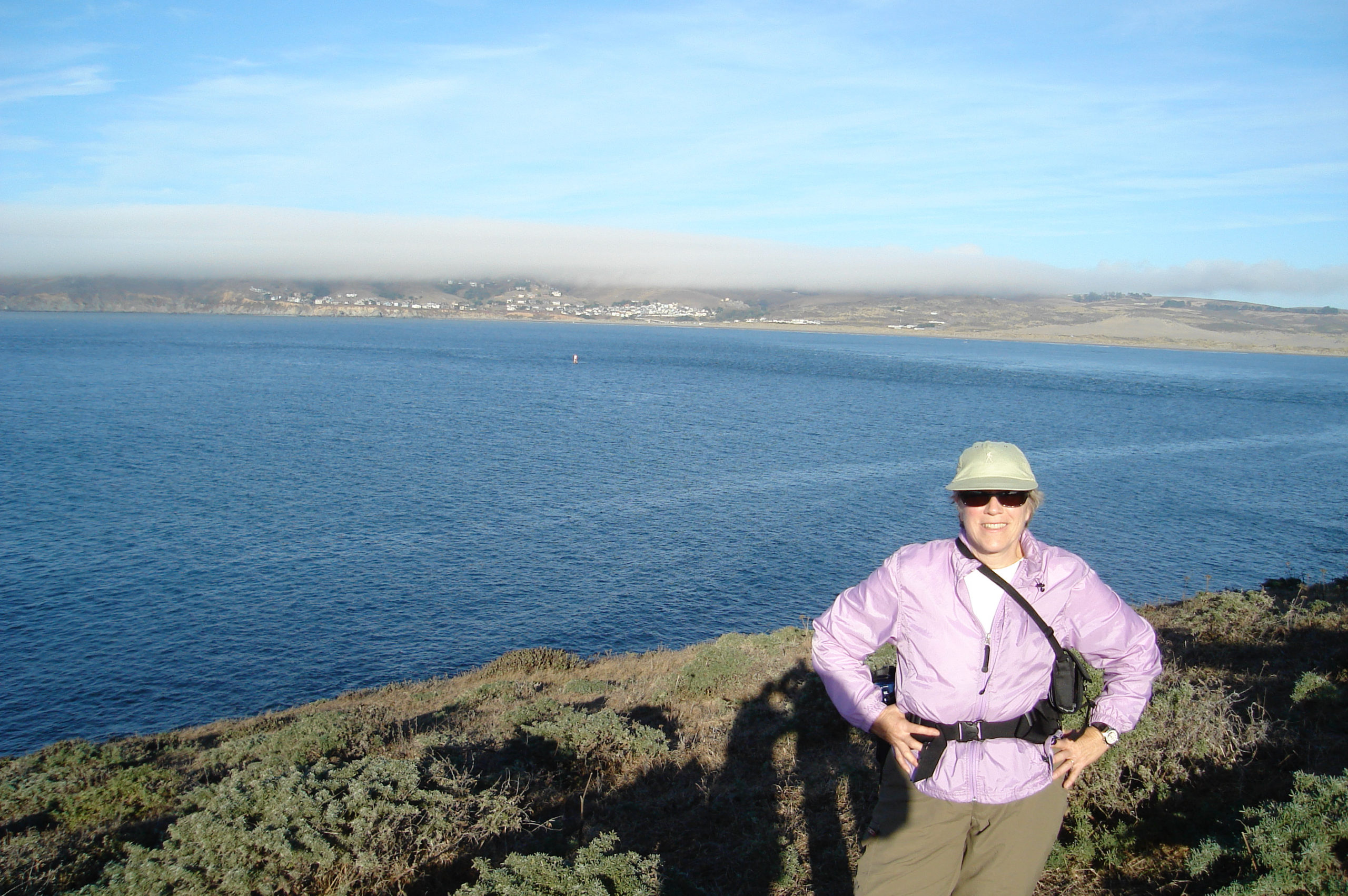Erika Stallings, an ambassador for the WISDOM study and today’s Woman of WISDOM, works as a music industry attorney and is a speaker on the experiences of women of color and breast cancer. After receiving a preventative double mastectomy in 2014 following a positive BRCA2 result, Erika Stallings began working to raise awareness for disparities relating to genetic testing, breast cancer detection, and participation of women of color in research studies.
Erika graduated from the University of North Carolina-Chapel Hill and went on to earn a law degree from Georgetown Law School. After working for several years in private practice, she now works as a co-chair for the Associates’ Board for Volunteer Lawyers for the Arts. Erika began her work with breast cancer advocacy after she received a positive result for BRCA2, a gene significantly associated with a high risk for breast cancer.
“My mom had stage 1 breast cancer, underwent a lumpectomy, had radiation, and then she had breast cancer again my senior year of college when she was in her 40s. When my mom did her genetic testing, I went with her and they explained to me, based on my family history alone, I would probably need to start mammograms and screenings at an early age,” Erika told us.
She went on to receive her genetic testing based on the doctor’s recommendation and received a positive result for BRCA2 that led to her doctor recommending a double mastectomy.
“I always really stressed to people that I had a preventative mastectomy not just because I have a BRCA mutation, but it’s because I have a BRCA mutation, and I have a very specific family history,” she said. “Just because you have a BRCA mutation does not mean you automatically have to have a mastectomy, there are lots of people who choose to do enhanced surveillance or take chemo-preventative drugs.”
After her experiences, it became important for Erika to raise awareness for the risks of breast cancer associated with women of color, and she went on to become a speaker and advocate to help combat disparities faced by the community.
“I don’t necessarily think everyone is aware of the racial disparities in hereditary cancer,” she said.
In 2016, Erika began working with the Basser Center for BRCA. “The Basser Center for BRCA is the first, and I believe only, research center in the United States that is solely dedicated to research focused on BRCA related cancers. They provide access to information about genetic counseling/testing, information about the latest treatment, and the goal, the research, is to end cancers caused by BRCA mutations,” she said.
Erika went on to partner with Basser to create Black & BRCA, a program meant to raise awareness on and combat disparities that exist within Breast Cancer and women of color, focusing on research related to the BRCA gene.
“It’s really meant to be a central information hub for Black families who maybe don’t have any familiarity with hereditary cancer or the BRCA mutation,” explained Erika. “We want to provide information that is culturally competent and tailored about genetic counseling/testing, what BRCA mutations are, how to have conversations about family health history, what the various risk reducing options are, and what the latest treatment options are if you’ve already been diagnosed with cancer.”
In addition to raising awareness for the risks of breast cancer for women of color, Black & BRCA also works to bring to light the lack of research for black women in BRCA related studies.
“When we don’t have data and information about Black patients in our data bases, that means the recommendations that are provided are less efficient,” she said. “Mammography is one of those areas, similarly with genetic counseling and testing. I think it’s really important for black women and black individuals to participate in these trials because if we don’t, we don’t get the full benefits of all these medical breakthrough and advances.”
Erika Stallings has chosen to be an ambassador for WISDOM to encourage women of color to participate and combat the disparities that exist within breast cancer research.
“I hope through being an ambassador it will encourage other black women and women of color to enroll in the study,” she said. “We know breast cancer takes a huge toll on women and it takes a worse toll on women of color. So, if we can get this data and figure out what the best screening method is, I think that can really go a long way to tackle these disparities.”
Erika wants to encourage all women thinking about participating in WISDOM to sign up and take advantage of the information and resources available.
“To the women in the study, thank you so much for signing up to participate. Getting this information is just so important. And to the women who are not participating, I would say this is a real opportunity to get important info and personalized recommendations. The more information you can get about health is always the better.”
We thank Erika for her ambassadorship in WISDOM, her bravery, and her willingness to share her story publicly. The Women of WISDOM are who make this study possible. We appreciate hearing stories about your experiences in WISDOM, learning what things have been meaningful and what may need improving. This is what helps drive us forward to continue with our mission, through the good times and the bad. If you would like to share your story and be featured in our Women of WISDOM blog series, please send an email to steffanie.goodman@ucsf.edu.



